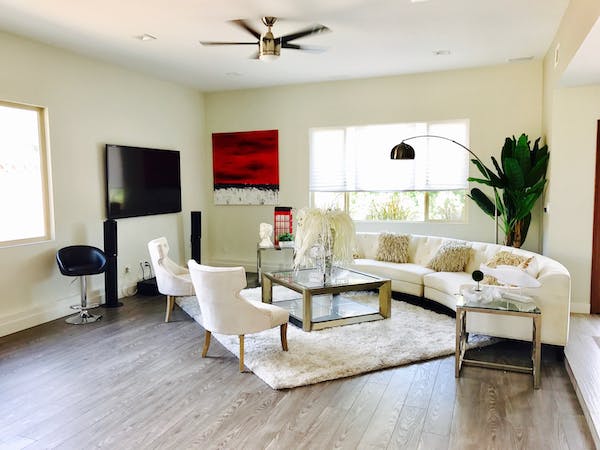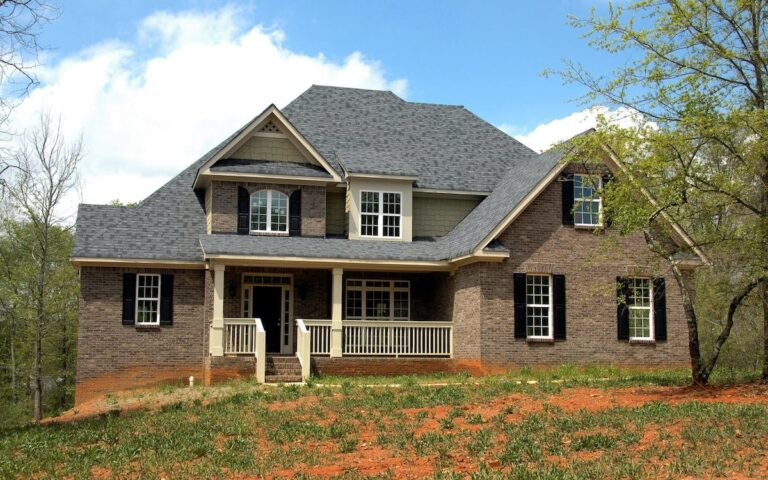When it comes to the safety of our homes, there is no room for compromise. North Carolina residents must be aware of the importance of code compliance and regular repairs to ensure the well-being of their families. By adhering to building codes and promptly addressing any necessary repairs, homeowners can create a secure living environment that protects against potential hazards.
Building codes are a set of regulations that specify the minimum standards for construction, electrical systems, plumbing, and other essential aspects of a home. These codes are in place to safeguard occupants and ensure that homes are structurally sound while also following safety guidelines. Adhering to building codes not only protects the residents but also helps maintain property values and prevents legal issues when selling or renting a home.
In North Carolina, the North Carolina Residential Code (NCRC) is the governing document for all residential construction. It covers various aspects such as building design, materials, fire safety, plumbing, electrical systems, and energy efficiency. Familiarizing oneself with the NCRC is crucial for homeowners to understand the requirements and responsibilities related to code compliance.
Regular maintenance and repairs are equally important for ensuring the safety of a home. Over time, wear and tear can compromise the structural integrity of a house, leading to potential hazards. It is essential for homeowners to conduct routine inspections and address any issues promptly. From roof leaks to faulty electrical wiring or plumbing problems, neglecting repairs can result in significant damage or even pose a threat to the well-being of the occupants.
To stay on top of repairs, homeowners can create a maintenance plan that includes regular checks of critical areas, such as the roof, foundation, electrical system, and plumbing. Additionally, scheduling professional inspections and hiring licensed contractors for repairs is highly recommended. These professionals have the expertise to identify potential problems and ensure that repairs are carried out correctly, following the necessary codes and regulations.
In North Carolina, there are also state and local programs available to assist homeowners in ensuring code compliance. The North Carolina Code Officials Qualification Board (NC COQB) provides educational resources and certifications to code enforcement officials, ensuring that they are well-equipped to enforce building codes. Homeowners can reach out to local code enforcement offices for guidance and support in understanding and meeting the necessary compliance standards.
Ultimately, by prioritizing code compliance and regular repairs, homeowners in North Carolina can create a safe and secure living environment for their families. By following building codes and addressing repairs promptly, they not only protect themselves and their loved ones but also contribute to the overall well-being of their communities. Safety should always be a top priority, and by taking these measures, homeowners can ensure that their homes are havens of security and peace of mind.




